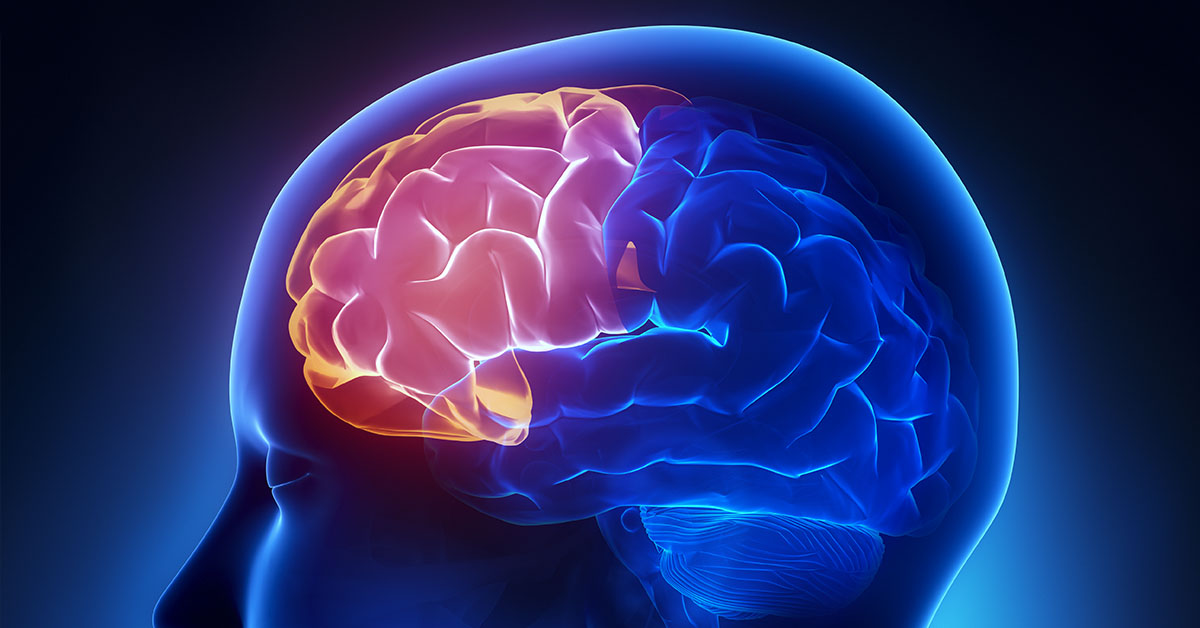
Neurological disorders are those that involve our brain. They can be of different kinds and can have a variety of different symptoms and signs. In recent years, a lot of research has been conducted into analyzing different neurological conditions and, as such, numerous treatment options have now emerged. This section of our site briefly discusses different neurological conditions and the various treatment options that are available to patients in a simple and easy to understand language.
Types of Neurological Disorders
There are literally hundreds of different kinds of neurological disorders - too many to list here. However, some of the common ones include acoustic neuromas, brain tumors, epilepsy, Parkinson's disease, spinal cord tumors, multiple sclerosis, arteriovenous malformations and stroke.
Each of these clinical conditions has their unique presentation. For example, patients with an acoustic neuroma can present with headache, dizziness and a ringing sensation in the ear called tinnitus. Patients who suffer from multiple sclerosis can experience weakness in their arms and legs and difficulty mobilizing as a result. Patients with Parkinson's disease can have a resting tremor of the upper limbs along with slowness of movements and drooling of saliva. Patients with stroke can have weakness of one half of the face and one half the body, resulting in an alteration in the mobility and a drastic change in the quality of life.
Diagnostic Modalities
Treatment options are always preceded by useful diagnostic modalities. These can vary from simple blood tests to electrophysiological studies that assess the electrical conduction of nerve fibers. CT scans and MRI scans may also be required.
Treatment Options
There are different treatment options that can be offered to patients once a clinical diagnosis been confirmed. Simple physiotherapy can be a start. Deep brain stimulation and the use of gamma knives are more advanced treatments. Surgery is yet another option that is offered in patients who suffer from brain tumors or have had a bleed within their brain. It must be remembered that every patient is different and long-term outcomes, depending on the clinical condition and surgery, can vary. It is essential for every patient who is suffering from a neurological disorder to see a board-certified neurologist and surgeon (if required) so that they may receive the best treatment possible. The ultimate goal is to restore the patient's quality of life and allow them to do the things that they enjoyed before they were diagnosed with the neurological disorder.
